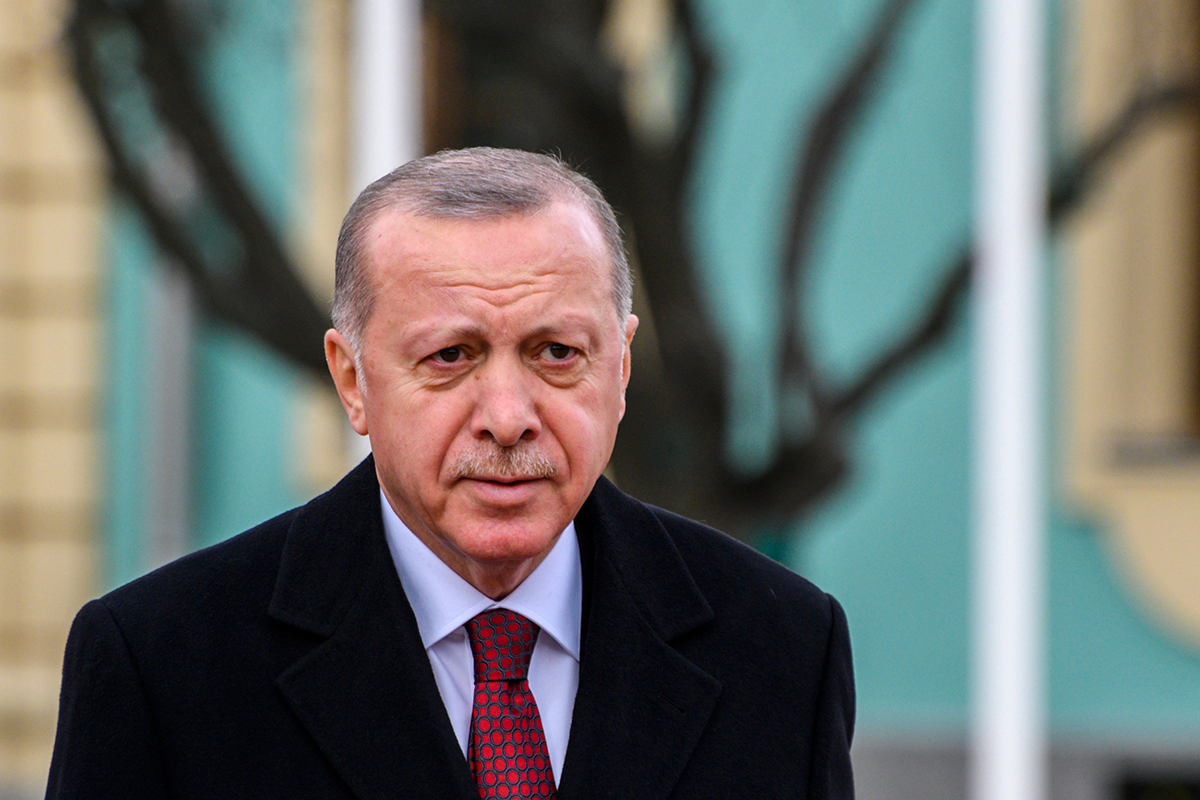Turkey’s President, Recep Tayyip Erdogan, is asserting his authority.
Much to the dismay of the US, Turkish forces launched airstrikes on US allies in Syria and Iraq. Following this, it was unveiled that Erdogan’s administration detained 1,000 opposition figures. This is part of an ongoing crackdown that has stirred disapproval from Europe.
Having recently celebrated a referendum victory that expands his presidential powers, Erdogan is not shying away from confronting critics and some allies.
He interprets this victory as an endorsement of his post-coup clampdown, which has weakened the opposition, civil society, and media freedom.
This newfound assertiveness isn’t just limited to domestic affairs. The airstrikes signify Turkey’s intensified involvement, potentially complicating the US-led coalition’s fight against ISIS.
Reports from the Syrian Democratic Forces and the Kurdish Peshmerga mention 25 casualties from these airstrikes. While Turkey argues its focus was the Kurdistan Workers Party (PKK) – recognized as a terrorist organization by Turkey and the US – there are suggestions that other Kurdish groups allied with the US were impacted.
Despite international criticism, Erdogan stands by his decision, emphasizing Turkey’s resolve to counter-terrorism.
The Turkish airstrike stirred tensions with the US, leading to the US expressing its concerns over the lack of proper coordination.
Although Turkey claimed to have informed the US and Russia ahead of the operation, sources indicate the notice was inadequate. Both Russia and the US have voiced their concerns over these uncoordinated actions.
Moreover, Erdogan’s decision to detain over a thousand people, allegedly linked to Fethullah Gulen (accused by Turkey of masterminding the failed coup), has put him at odds with European leaders. Europe has criticized these detentions as an infringement on civil liberties.
Amid these issues, the Council of Europe’s Parliamentary Assembly reinstated Turkey on a human rights monitoring list. Erdogan, in response, has even hinted at reconsidering Turkey’s long-standing bid to join the European Union.
Despite being the most prominent host of Syrian refugees globally, Turkey’s relations with the EU remain strained. Erdogan has praised Britain’s decision to leave the EU and has indicated that Turkey might pursue a similar path.
However, as Erdogan keeps a distance from the West, he’s also building relationships elsewhere, partnering with countries like Russia and Iran in Syrian ceasefire negotiations.
Turkey’s latest actions under President Erdogan’s leadership indicate broader geopolitical maneuvers in a world ever shifting its alliances and partnerships. As Turkey challenges traditional ties and forges new partnerships, the West is prompted to reevaluate its regional strategies. The duality of Erdogan’s domestic and international actions places Turkey at a pivotal crossroads, with potential ramifications for the balance of power in the Middle East and beyond.







